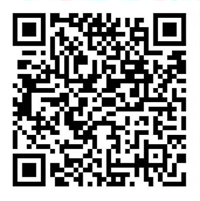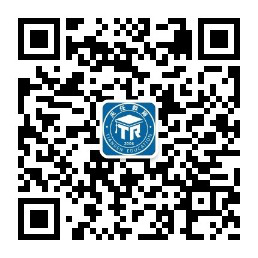1. proof [pru:f]
n. 证明;证据v. 试验;校对
【2003·真题例句】These leaders are living proof that prevention works and that we can manage the health problems that come naturally with age.这些领导人就是活生生的证据,证明对疾病的防治是有意义的,证明我们能够对付年龄带来的健康问题。
2. unrealistically [,ʌnriə'listikli]
adv. 不切实际地;不现实地
【2014·真题例句】According to the first paragraph, social psychologist have found that our self-ratings are unrealistically high.根据第一段可知,社会心理学家已经发现我们的自我评价高的不切实际。
3. mortal ['mɔ:təl]
adj. 凡人的;致死的n. 人类,凡人
【2012·真题例句】These epochal figures represented lives hard to imitate, but to be acknowledged as possessing higher authority than mere mortals.这些划时代的人物都有着难以复制的人生经历,理应被公认为比普通人更有权威。
4. digital ['didʒitəl]
adj. 数字的;手指的
【2001·真题例句】A great deal of attention is being paid today to the so-called digital divide——the division of the world into the info (information) rich and the info poor.今天,人们正在高度重视所谓数字化分界——世界上信息资源丰富的地区和信息资源贫乏的地区之间的差异。
5. strengthen ['streŋθən]
v. 加强;巩固
【2015·真题例句】Khurana believes that the importation of terminology aims to strengthen employee loyalty. 库拉那相信引入术语的目的是增强员工忠诚度。
6. dynamics [dai'næmiks]
n. 动力学,力学
【扩展】-ics一般指“学科”
physics,linguistics,mathematics,electronics,cosmetics,athletics,politics,logistics,acrobatics,diagnostics,statistics demographics, economics ,genetics
【2003·真题例句】A variety of small clubs can provide multiple opportunities for leadership, as well as for practice in successful group dynamics. 各种小型俱乐部可提供多种多样的机会来培养青少年的领导才能,也能提供青少年成功参与集体活动的练习。
7. dam [dæm]
v. 控制;筑坝n. [水利] 水坝;障碍
【真题例句】Several giant dam projects threaten to do more harm than good.有几个巨型大坝项目就有弊大于利的危险。
8. publicly ['pʌblikli]
adv. 公然地;以公众名义
【2004·真题例句】Yet the result may be worse qualifications, because they get less individual attention, as well as less confidence in speaking publicly.然而,结果却造成了能力的差异,因为这些孩子受到的关注要少,在公开表达自己时更缺乏信心。
9. rebel [ˈrebl]
n. 反叛者; 叛逆者 adj. 反抗的; 造反的
【真题例句】Think of Gallileo’s 17th-century trial for his rebelling belief before the Catholic Church or poet William Blake’s harsh remarks against the mechanistic worldview of Isaac Newton. 想想看,17世纪伽利略为他叛逆性的信仰而遭受天主教会的审判,还有诗人威廉·布莱克对艾萨克·牛顿的机械论世界观所发表的尖锐批判。
【知识拓展】伽利略(Galileo Galilei,1564-02-15-1642-01-08)。意大利数学家、物理学家、天文学家,科学革命的先驱[1] 。伽利略发明了摆针和温度计,在科学上为人类作出过巨大贡献,是近代实验科学的奠基人之一。
历史上他首先在科学实验的基础上融汇贯通了数学、物理学和天文学三门知识,扩大、加深并改变了人类对物质运动和宇宙的认识[2] 。伽利略从实验中总结出自由落体定律、惯性定律和伽利略相对性原理等。从而推翻了亚里士多德物理学的许多臆断,奠定了经典力学的基础,反驳了托勒密的地心体系,有力地支持了哥白尼的日心学说[1] 。他以系统的实验和观察推翻了纯属思辨传统的自然观,开创了以实验事实为根据并具有严密逻辑体系的近代科学。因此被誉为“近代力学之父”、“现代科学之父”。其工作为牛顿的理论体系的建立奠定了基础[2] 。
10. acquisition [,ækwi'ziʃən]
n. 获得物,获得
【2001·真题例句】The world is going through the biggest wave of mergers and acquisitions ever witnessed. 世界正在经历一场从未见过的巨大的并购浪潮。















